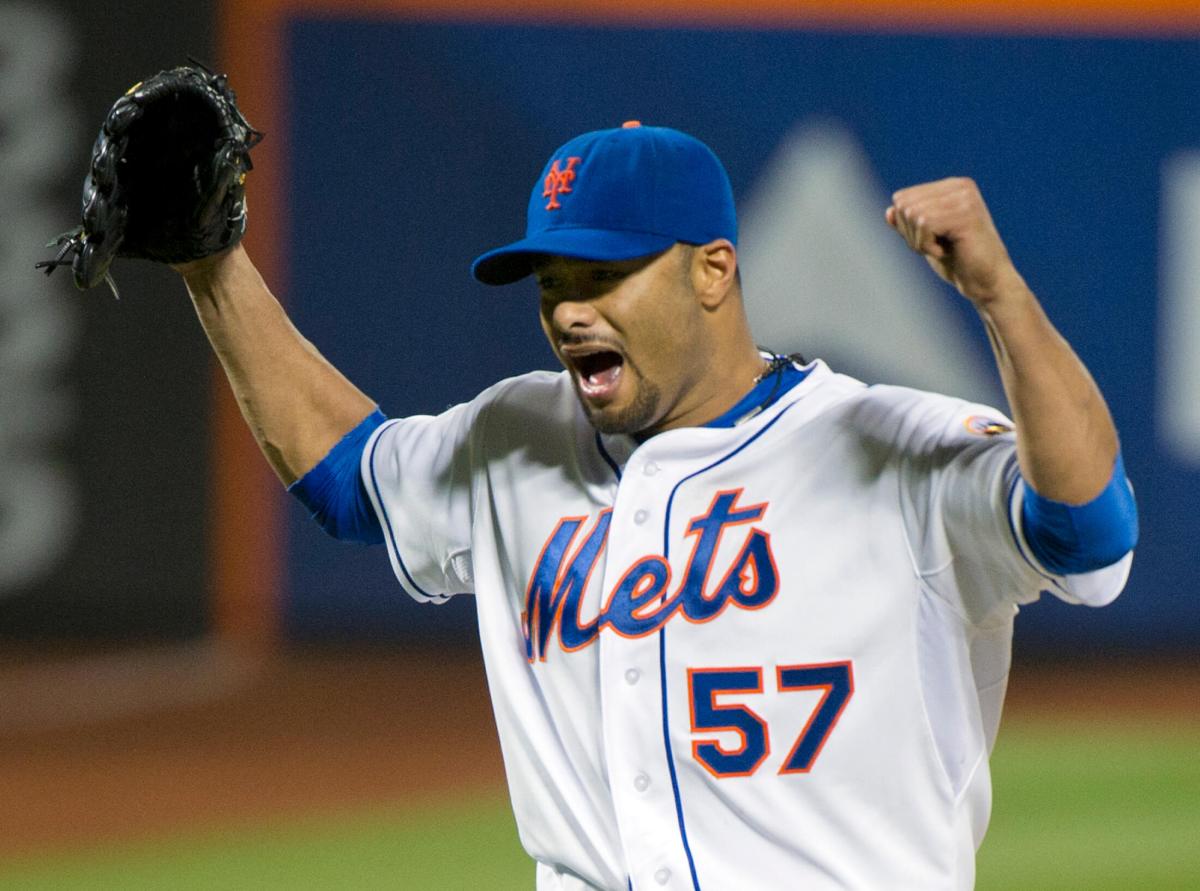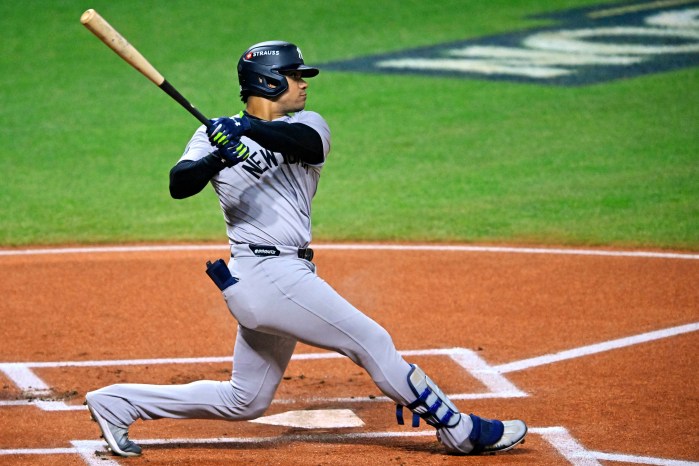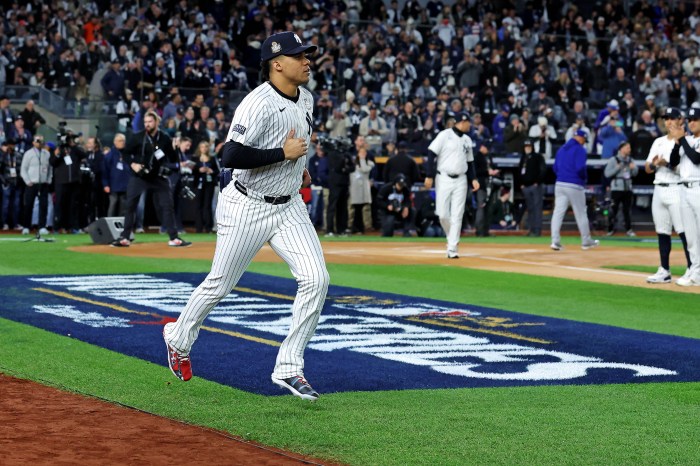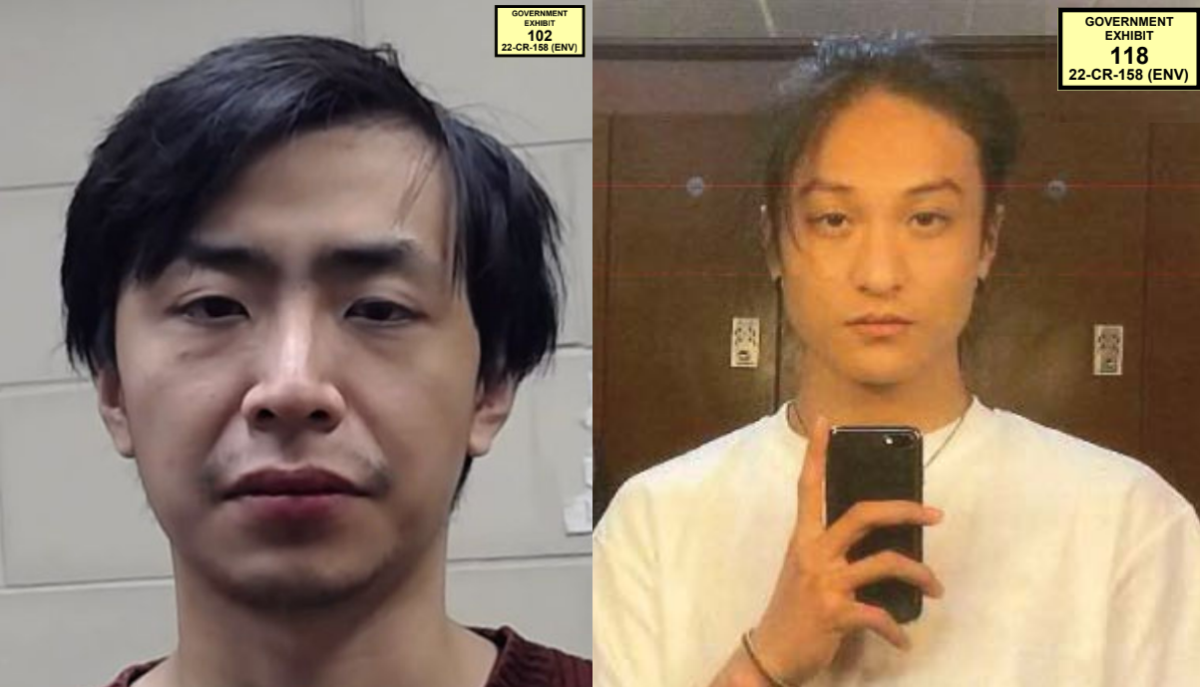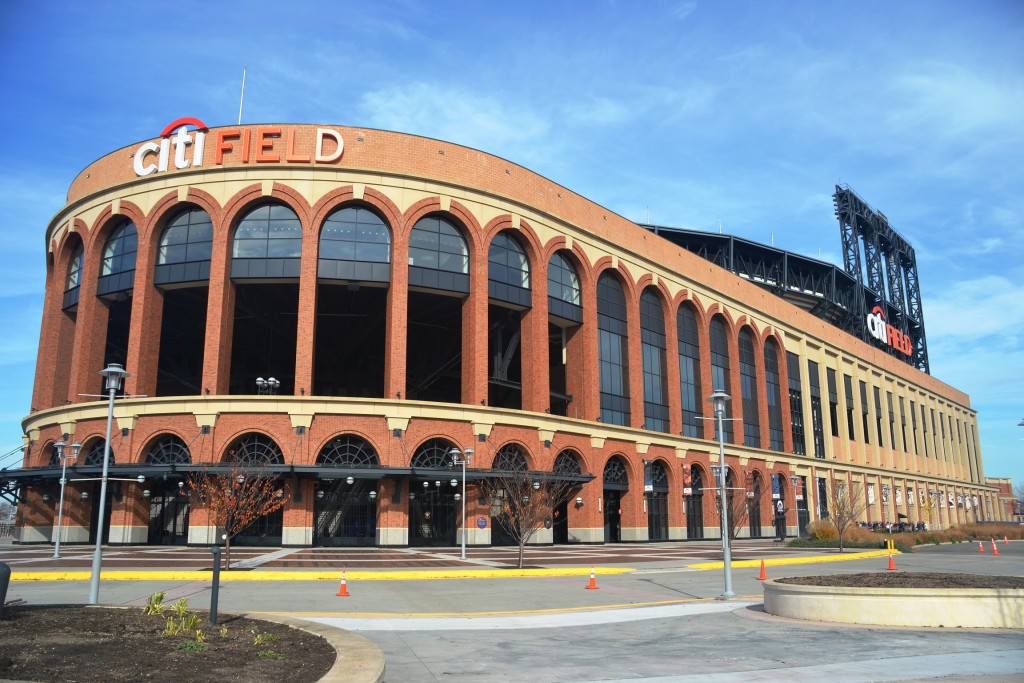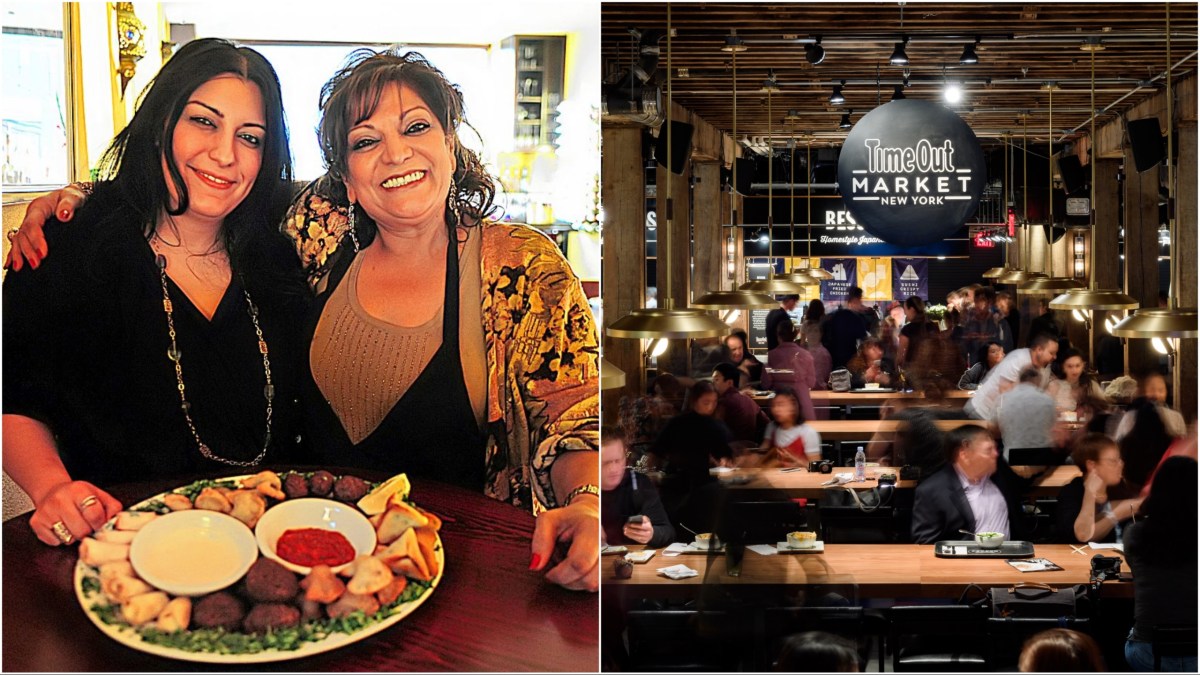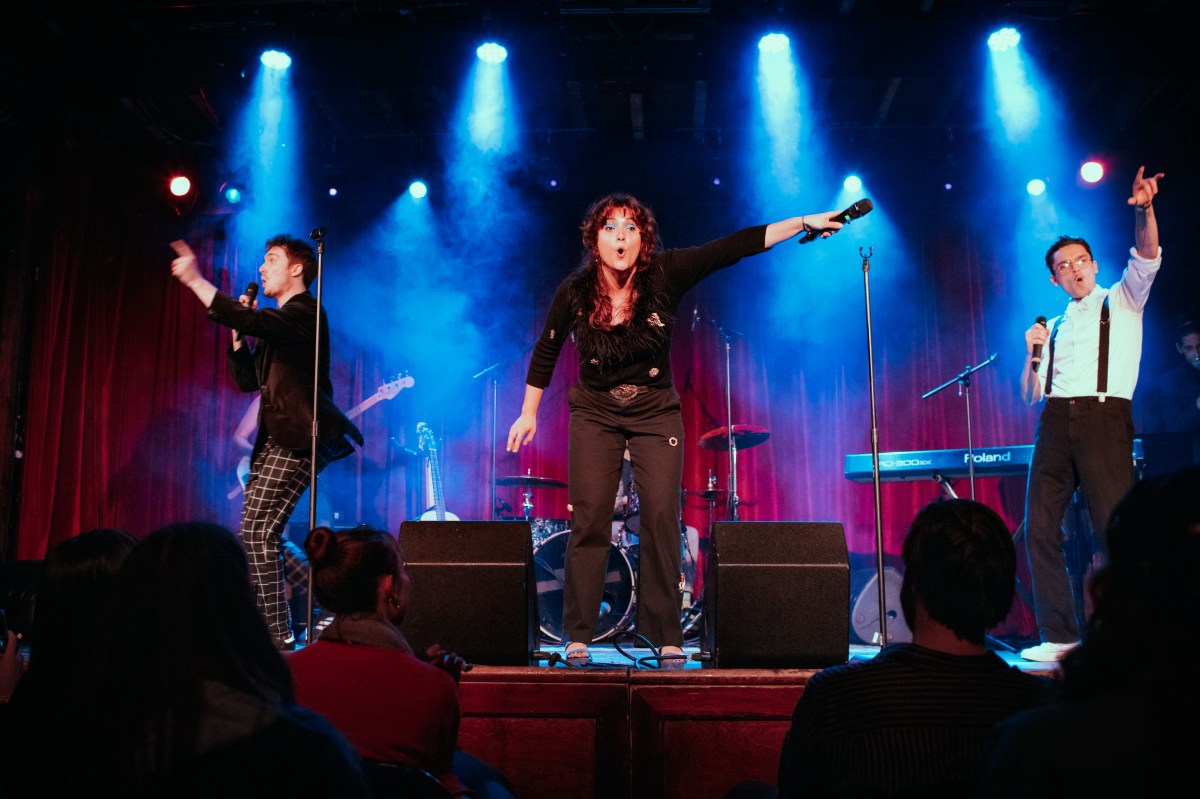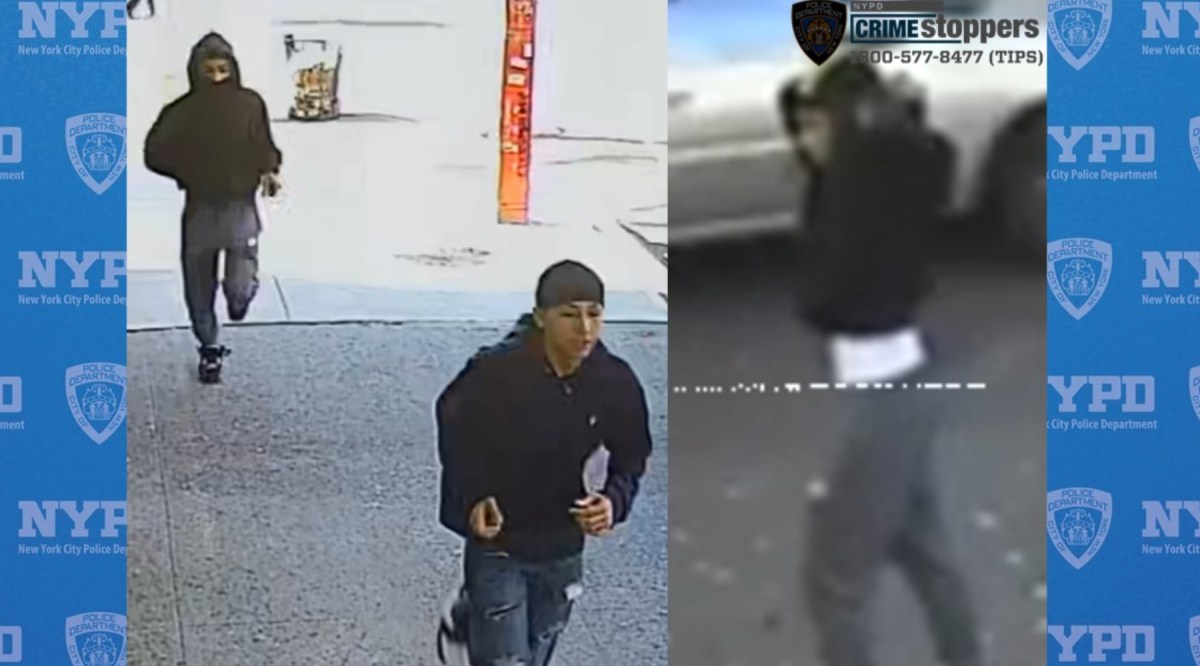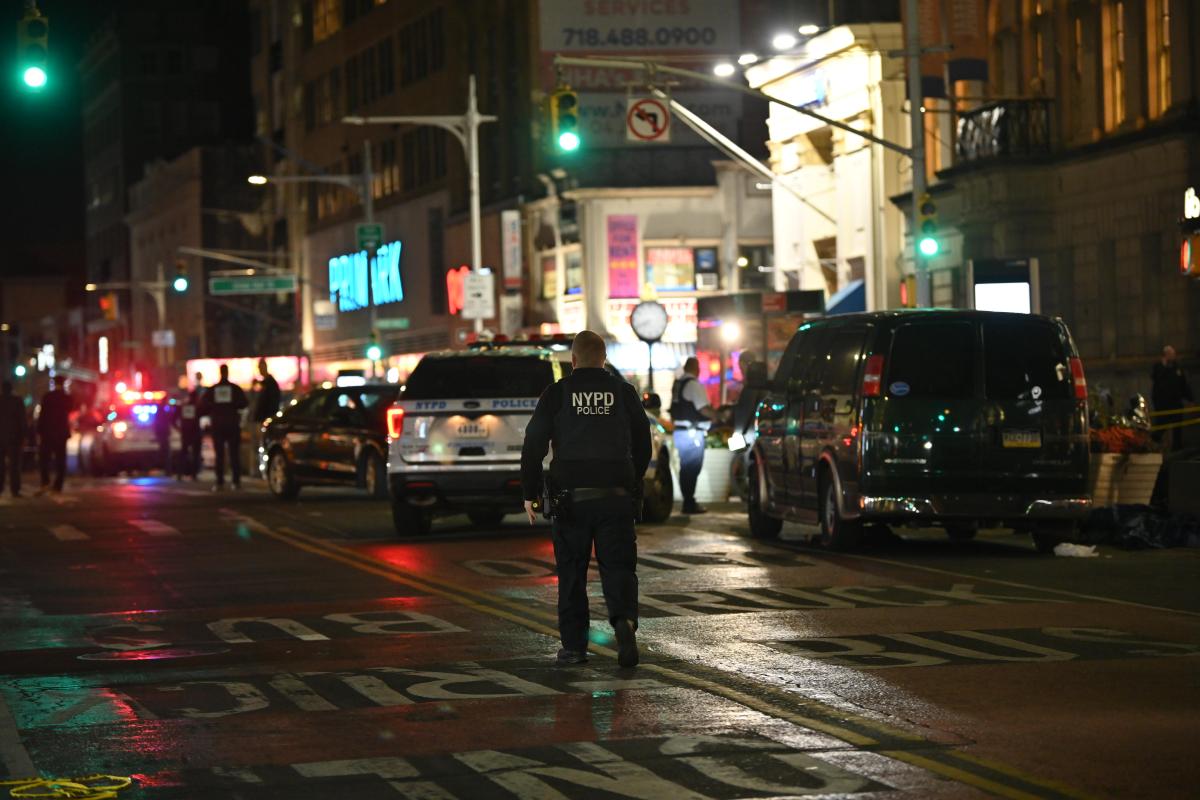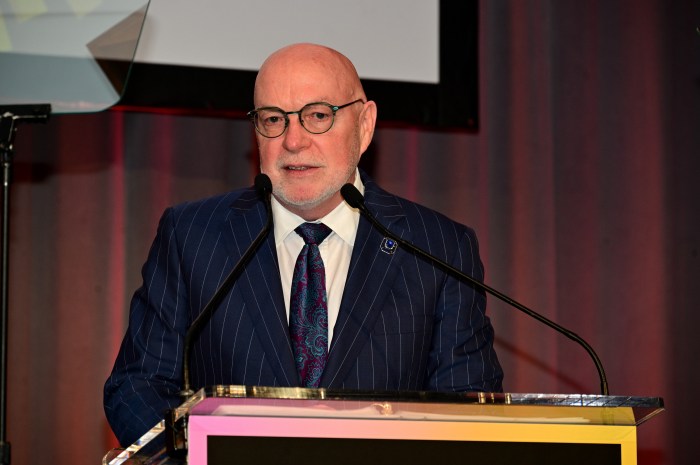It had been quite a while since Johan Santana stepped foot in Citi Field 10 years removed from throwing his final MLB pitch with the Mets.
On Tuesday night, however, he was back in the building as the Mets paid homage to his no-hitter nearly 10 years to the day, June 1, 2012, against the St. Louis Cardinals — the first-no-no ever recorded in franchise history.
And with him was his former manager, Terry Collins, who made the controversial call to keep the ace in the game despite a rising pitch count, and the man who caught the historic game, Josh Thole.
“I’m happy to be back after so many years,” Santana said. “I haven’t seen these two guys here who have meant a lot to me while we were here in New York. There were a lot of emotions going through when I drove in because I hadn’t been here for so many years.”
That no-hitter was the now-43-year-old southpaw’s final crowning achievement in the majors as arm injuries — including shoulder surgery that threw his career into uncertainty just one year prior in 2011 — ultimately caught up with him.
The belief was that the 134-pitch outing all but sealed his fate, but there still is no regrets from the pitcher or the decision-maker.
“As we were going through the whole thing, I started getting all excited and the atmosphere changes throughout the whole field,” Santana, who admitted that something was “loose” in his arm in 2012, said. “As we were going, I thought ‘maybe this was it.’ Maybe we have a chance to do something special and very important.
“I knew I was going to have some arguments with [Collins] on the mound, in the dugout, in the parking lot, whatever you want to call it. I just had an opportunity to do something very special and I just want to finish it.”
Collins himself had fallen under scrutiny for keeping Santana in and jeopardizing his future in the majors.
“I would make the same decision,” he said. “Even that night when you’re on the bench and you didn’t like the look of the pitch count. I was only concerned about his health more than anything else. I felt that he deserved the opportunity to try and get it because of who he is and what he stands for.
“It was something I thought the people that were in the stands — they deserved to have that opportunity. It’s easy to say no because it probably hurt him a little bit afterward, but I’ve come to realize that I would’ve probably done the same thing.”



